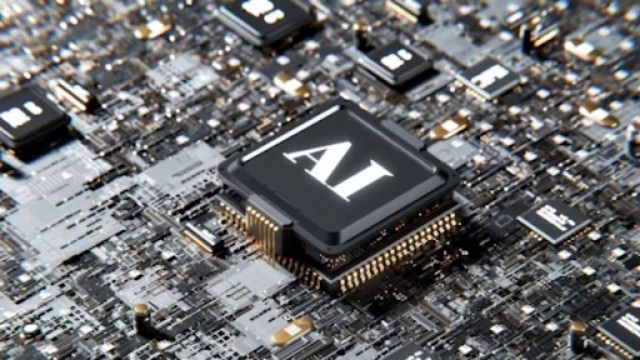
Source : The Canadian Press
In a competitive political landscape, Democrats, including President Joe Biden's campaign, are engaged in a fervent contest with Republicans over harnessing the potential of artificial intelligence (AI), a technology with profound implications for American elections and democratic processes.
Reflecting on past setbacks, notably in 2016 against Donald Trump's social media prowess, Democratic strategists exercise caution in adopting AI tools amid concerns raised by disinformation experts. Presently, Democrats primarily employ AI to identify and mobilize voters and combat deceptive content, prioritizing careful utilization.
While both parties have historically utilized AI for data analysis, recent advancements in generative AI have provided unprecedented capabilities to generate multimedia content swiftly. However, such developments have prompted warnings about the potential for AI to amplify misinformation and manipulate public opinion through various mediums, including social media and robocalls.
Recent incidents, such as the dissemination of AI-generated images depicting former President Trump's arrest and a fabricated robocall impersonating President Biden, have underscored the urgent need for regulatory measures to address AI-related risks. Although the Biden administration has taken executive actions to shape AI regulation, Democrats advocate for comprehensive legislation to safeguard against AI abuses.
Despite the transformative potential of AI, political campaigns remain discreet about their AI strategies to avoid scrutiny and protect proprietary techniques. Democratic campaigns emphasize a pragmatic approach, focusing on implementing AI for voter engagement while maintaining transparency and ethical standards.
Democratic organizations, such as the Democratic National Committee (DNC), have embraced AI for voter analysis and fundraising but emphasize responsible deployment to complement human expertise rather than replace it. Progressives, including groups supported by Higher Ground Labs, have actively explored AI applications to enhance Democratic campaigns, fostering innovation and knowledge-sharing within the party.
However, concerns persist regarding the ethical implications of AI integration in politics. Democratic Congressman Adam Schiff's campaign openly acknowledges its use of AI for efficiency improvements, exemplified by AI-generated fundraising emails. Nonetheless, navigating the ethical boundaries of AI remains a challenge, with campaigns grappling with the potential consequences of deceptive AI-generated content.
In summary, as Democrats and Republicans vie to leverage AI's potential in political campaigns, careful consideration of its ethical implications and regulatory frameworks is paramount. While AI offers opportunities for enhanced voter engagement and campaign efficiency, its misuse could exacerbate existing challenges of misinformation and undermine democratic processes.















